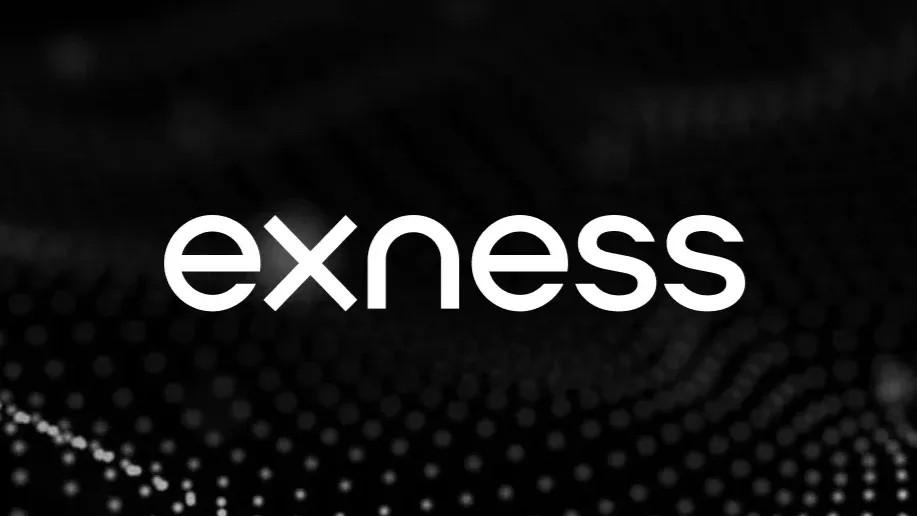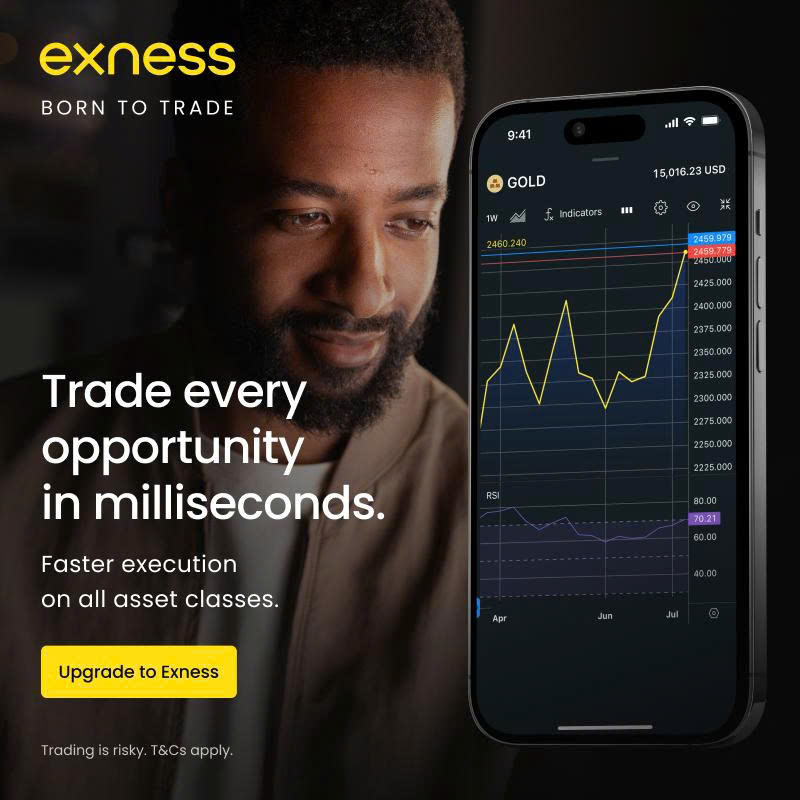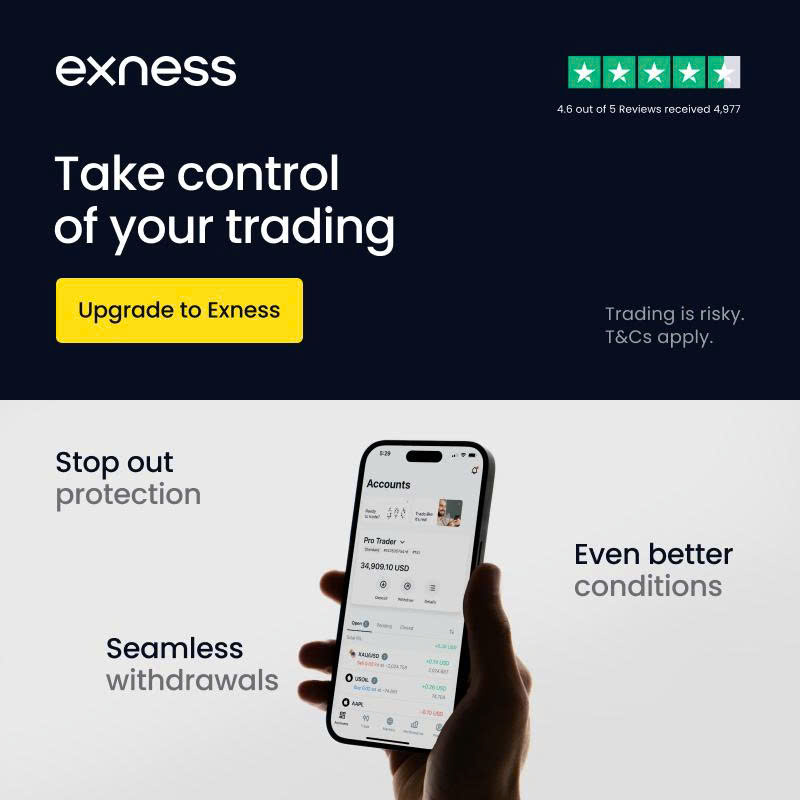
7 minute read
Is Exness Regulated or Not? A Comprehensive Review
from Exness Blog
by Exness_India
If you are considering trading with Exness, one of the first questions that naturally comes to mind is: Is Exness regulated or not? The straightforward answer is yes, Exness is a regulated broker. Exness holds licenses from multiple respected financial authorities around the world, ensuring that it operates within strict legal and compliance frameworks. However, the details matter, and understanding how Exness is regulated will give you a clearer picture of its credibility, trustworthiness, and the level of protection it offers to traders.

✅ Trade with Exness now: Open An Account or Visit Brokers 👈
In this article, we will go beyond a simple “yes” or “no” and explore which regulatory bodies oversee Exness, what that regulation means in practice, why it matters for traders, and what limitations or conditions you should be aware of.
Understanding What Regulation Means for a Broker
Before diving into Exness specifically, it’s important to clarify why regulation matters in the forex and CFD trading industry. Regulation refers to oversight by official financial authorities. A regulated broker is required to comply with specific rules regarding transparency, client fund protection, financial reporting, and fair treatment of customers.
For traders, this translates into:
Safety of funds: Client money must be kept in segregated accounts, separate from the broker’s operational funds.
Fair trading environment: Regulated brokers cannot manipulate prices or engage in dishonest practices without facing serious penalties.
Dispute resolution: Regulatory bodies provide mechanisms for traders to raise complaints if something goes wrong.
Transparency: Regulated brokers must provide clear terms, accurate reporting, and periodic audits.
In short, regulation acts as a safeguard against fraud and malpractice, making it a critical factor in choosing a broker.
Exness Regulation: The Authorities Involved
Now, let’s get straight to the point. Exness is regulated by multiple top-tier and mid-tier regulatory authorities, covering different regions. This multi-jurisdictional regulatory framework ensures that Exness adheres to high standards globally. Here are the primary licenses Exness holds:
Financial Conduct Authority (FCA), United Kingdom
The FCA is one of the most respected regulators in the financial world. Exness UK Ltd is authorized and regulated by the FCA, meaning it must comply with strict rules regarding client fund protection, reporting, and operational conduct.
Cyprus Securities and Exchange Commission (CySEC), Cyprus
Exness (Cy) Ltd operates under CySEC regulation. Cyprus is part of the European Union, so this license brings Exness under EU financial laws, including MiFID II. This ensures robust investor protection within Europe.
Financial Sector Conduct Authority (FSCA), South Africa
Exness ZA (Pty) Ltd is authorized by the FSCA. This allows Exness to serve clients in South Africa under local regulatory standards.
Financial Services Commission (FSC), Mauritius
Exness entities are also licensed by the FSC in Mauritius, expanding its ability to provide services globally under regulated conditions.
Financial Services Authority (FSA), Seychelles
Exness operates under the FSA in Seychelles, which allows it to serve clients in many international markets while still being overseen by a financial regulator.
This diversified regulatory structure shows that Exness does not operate in a legal gray area. Instead, it complies with some of the most reputable financial regulators in the world, particularly the FCA and CySEC.

✅ Trade with Exness now: Open An Account or Visit Brokers 👈
Why Exness Regulation Matters to Traders
Knowing that Exness is regulated is one thing, but understanding what that regulation means for you as a trader is even more important. Here are the key benefits:
1. Client Fund Protection
Under FCA and CySEC regulation, Exness must keep client money in segregated accounts. This means your deposits are not mixed with the company’s operational funds. If anything were to happen to the broker’s business, your money would remain safe and separate.
2. Compensation Schemes
Brokers regulated in the UK and EU are often part of investor compensation schemes. For instance, FCA-regulated brokers participate in the Financial Services Compensation Scheme (FSCS), which can compensate clients if the broker becomes insolvent.
3. Transparent Practices
Regulation requires Exness to publish financial reports, undergo audits, and maintain transparent pricing. This minimizes the risk of unfair practices like price manipulation or withdrawal delays.
4. Compliance With International Standards
By being regulated across multiple jurisdictions, Exness must align with international laws and best practices. This enhances its credibility compared to unregulated brokers, which often operate without accountability.
Is Exness Fully Safe Because It Is Regulated?
While regulation adds a significant layer of safety, it is not a complete guarantee against all risks. Even regulated brokers can face challenges, and trading itself always carries inherent risks. Here are some things to keep in mind:
Trading Risk: Regulation protects against broker misconduct, not against losses from your own trading decisions. You can still lose money due to market volatility.
Different Jurisdictions, Different Protections: The level of protection depends on which Exness entity you register under. For example, an FCA license offers stronger compensation rights than an offshore FSA license.
Global Nature of Exness: While Exness is regulated in multiple regions, not all licenses provide the same level of oversight. Some regulators are stricter than others.
Therefore, while Exness being regulated makes it much more trustworthy than unregulated brokers, traders should still choose carefully which Exness entity they open their account with.
Comparing Exness Regulation With Unregulated Brokers
To appreciate the significance of Exness’s regulatory framework, consider the alternative: an unregulated broker. Many unregulated brokers operate from offshore jurisdictions with little or no oversight. This creates risks such as:
Lack of fund protection
No external authority to file complaints to
Higher chances of scams or price manipulation
No investor compensation scheme
In contrast, Exness’s multi-license setup shows its commitment to providing a secure and transparent trading environment. For many traders, this is the deciding factor in choosing Exness over less reliable brokers.
Why Exness Chooses Multi-Jurisdictional Regulation
It’s worth asking why Exness holds licenses in several regions instead of just one. The reason is simple: Exness serves a global client base. Traders from different countries require brokers to meet local regulations, and Exness’s multi-license model allows it to legally operate in various markets.
For example:
European traders can rely on CySEC regulation.
UK traders are protected under FCA rules.
African traders benefit from FSCA oversight.
Global traders outside these regions can still access Exness through FSA and FSC entities.
This flexibility makes Exness one of the more accessible and reliable brokers worldwide.
Common Misconceptions About Exness Regulation
Even though Exness is regulated, there are some common misconceptions that often cause confusion. Let’s clear them up:
“If Exness is regulated, I can’t lose money.”
Regulation ensures fairness but does not eliminate trading risks. Losses are still possible.
“All Exness licenses offer the same protection.”
Not true. FCA and CySEC offer stronger investor safeguards than offshore regulators like FSA Seychelles.
“Regulated brokers can never fail.”
While rare, even regulated brokers can face financial issues. However, regulation makes this far less likely and provides compensation frameworks.
The Bottom Line: Is Exness Regulated or Not?
To wrap it up: Yes, Exness is regulated. In fact, it is regulated by some of the most respected authorities in the industry, including the FCA in the UK and CySEC in Cyprus, along with FSCA, FSC, and FSA. This multi-jurisdictional regulatory framework ensures that Exness operates transparently, protects client funds, and adheres to international financial standards.
For traders, this means Exness is a far safer choice compared to unregulated brokers. However, remember that trading itself always carries risks, and protections differ depending on which Exness entity you register with. If you want the highest level of security, choosing an account under FCA or CySEC regulation is advisable.
Ultimately, Exness has built a strong reputation as a trustworthy and transparent broker, and its regulatory licenses are a cornerstone of that credibility. If regulation is one of your top priorities when selecting a trading platform, Exness certainly meets the mark.
✅ Trade with Exness now: Open An Account or Visit Brokers 👈
Read more:



